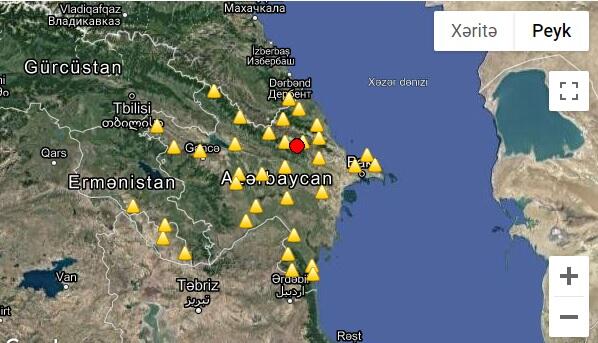Colossal Biosciences, a Dallas-based biotech firm, has announced the world’s first successfully de-extincted animal: the dire wolf, a prehistoric predator that vanished about 12,500 years ago.
Axar.az, citing CNN, reports that using ancient DNA, CRISPR gene editing, and cloning technology, scientists created three dire wolf pups—two males born in October 2024 and one female born in January 2025.
The company used gray wolf DNA as a base, editing 20 regions across 14 genes to resurrect key traits of the dire wolf, such as thicker fur and a stronger jaw.
Though the genome remains 99.9% gray wolf, scientists argue the observable traits closely resemble those of the extinct species.
The pups were gestated using domestic dogs as surrogates and now live in a high-security, 2,000-acre facility. Colossal’s broader goals include reviving extinct species like the woolly mammoth, dodo, and Tasmanian tiger, and using the technology to aid endangered species, such as the red wolf.
While praised as a “huge leap” in biotechnology, critics question the ecological role of these revived animals and the ethical implications of de-extinction.
To read the full article, click here.



.jpg)

































.jpg)







